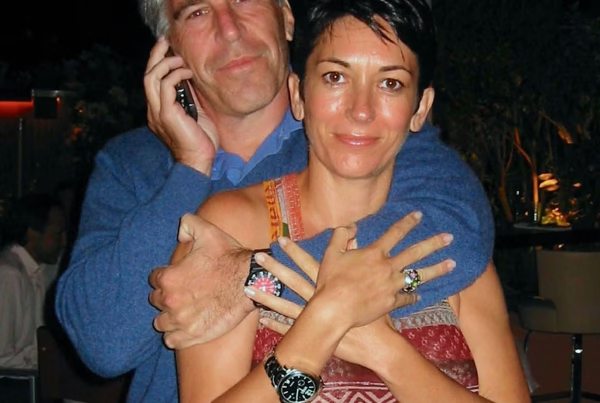In our new venture with The Intimacy Group, one of the questions that came up was dealing with missed opportunities and connections. When you meet someone and spend a perfect time with them in true “Before Sunset” style and then never talk to them again. Sigh.
People in the group were reminiscing these missed connections with longing and wishful thinking and regret and swapping their feelings about the same. Most of them expressed regret, while others spoke of how missed romantic connections gave way to much cheerier, platonic relationships. Now, my reaction to this whole idea was very different. I’ve always been a person who doesn’t spend time ruminating on the people I’ve had missed connections with, mostly because I’m scared of holding an idealised version of them over every other person I’ll meet and get to know more.
 In a monogamous relationship, entertaining the thought of “the one who got away” feels like sacrilege, like infidelity. But as a polyamorous person, when I have those moments or see my partner thinking about those perfect people they knew for a few hours, there’s space for laughter and comfort, for discussing our feelings and where they come from, without a sense of guilt.
In a monogamous relationship, entertaining the thought of “the one who got away” feels like sacrilege, like infidelity. But as a polyamorous person, when I have those moments or see my partner thinking about those perfect people they knew for a few hours, there’s space for laughter and comfort, for discussing our feelings and where they come from, without a sense of guilt.
The decision to pursue romantic pursuits often requires a person to risk on two fronts: pursuing romantic goals when interest is unrequited (leading to rejection) or failing to pursue romance when there is reciprocation (leading to missed romantic opportunities). This kind of thinking villainizes us or the object of our affections. Even getting unmatched on a dating app can feel like a slap to the face, leaving us bitter.
 And so we sit, dwelling on the dates we left at the bar, the strangers we met at the beach for a night, the Bumble connection that vanished in the heat of the night. And when we sit alone, they drift through our thoughts. And these thoughts, given a chance to build, can lead to feelings of longing and regret. And people, infallibly human, are tuned into the losses that are unknown, to its possibilities.
And so we sit, dwelling on the dates we left at the bar, the strangers we met at the beach for a night, the Bumble connection that vanished in the heat of the night. And when we sit alone, they drift through our thoughts. And these thoughts, given a chance to build, can lead to feelings of longing and regret. And people, infallibly human, are tuned into the losses that are unknown, to its possibilities.
Regret isn’t just about passing up an opportunity. It’s a negative cognitive or emotional state in which you blame yourself or your circumstances for a bad outcome, feel a sense of loss or sadness or want to undo previously made decisions. Sometimes, I wonder how much our very own culture plays into it, where we are taught to sacrifice our wants and needs for others. Any mistake is first turned inwards before we even think of questioning where the blame should be placed.

Regrets can be painful to experience, but they can help. The pain of regret can make you refocus and take corrective action or start a new path. However, what we have to watch out for is resentment. Resentment is a feeling of anger because you have been forced to accept something that you do not like. And missed connections can often lead to that feeling of having missed out, of having had a door slammed in your face.
In my life as a poly person, I’ve found that talking about it helps a lot. And with every person I meet, I try to avoid a missed connection by telling them exactly what I feel about them, and when I feel it. Being vulnerable about your feelings, especially to a stranger, can be hard. But it’s worth the risk if it helps me avoid resentment.
Do I feel like sleeping with you? Do I want to go on dates and hold your hand? Do I want to cuddle and watch a movie with you?
Trust me, I’ll tell you.
This kind of honesty can be unnerving to practice and most people do tend to be shocked by it, but as a result, I tend to feel less regret or wonder about missed opportunities. And that makes it worth a shot, don’t you think?





